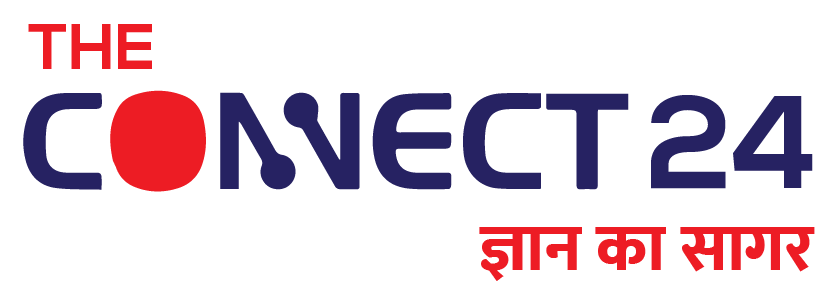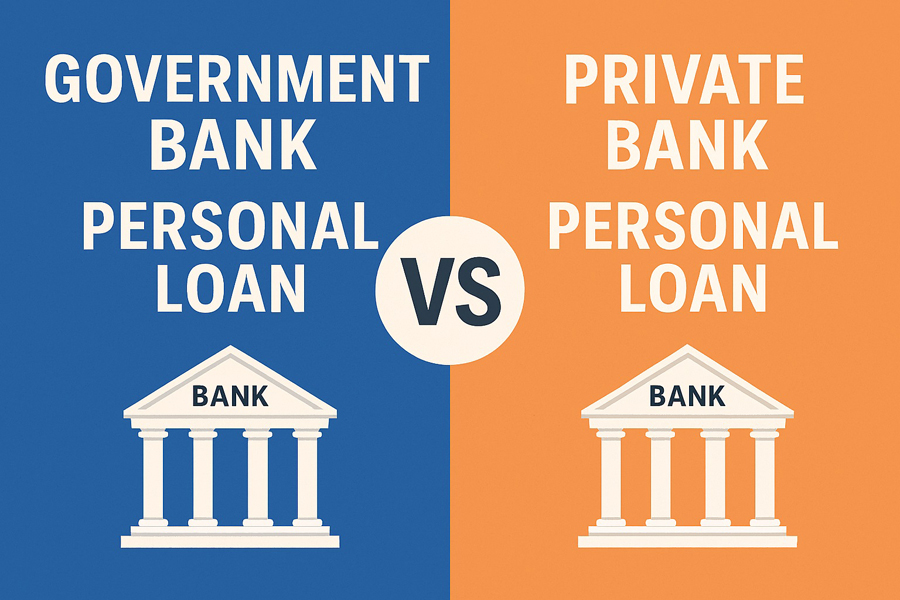Choosing the right personal loan can be a game-changer for your financial stability. Whether you’re funding a medical emergency, home renovation, or debt consolidation, understanding the pros and cons of government vs. private banks is crucial. This guide breaks down the essential factors to consider before applying for a personal loan, helping you make an informed, cost-effective decision. From interest rates and processing fees to customer service and eligibility, we cover it all. Read on to discover how to pick the best lender and avoid common pitfalls-while optimizing your financial health.
Interest Rates: Government vs. Private Banks
Government banks typically offer lower interest rates compared to private banks, making them attractive for long-term borrowers. For example, SBI or Bank of Baroda may offer rates starting from 10.5%, while private banks like HDFC or ICICI may begin at 11.5% or higher. However, private banks often provide quicker approvals and flexible terms. It’s essential to compare both fixed and floating rates, as they impact your EMI over time. Use online loan calculators to simulate repayment scenarios. Always check if the interest rate is linked to your credit score-some private banks offer better rates to high-score borrowers. In short, government banks are ideal for affordability, while private banks may suit urgent needs with faster disbursal.
Processing Fees and Hidden Charges
Processing fees can significantly affect your loan’s total cost. Government banks usually charge 0.5% to 1% of the loan amount, while private banks may charge up to 2.5%. Additionally, private lenders may include hidden charges like documentation fees, prepayment penalties, or insurance bundling. Always ask for a detailed fee breakdown before signing. Read the loan agreement carefully to spot any ambiguous clauses. Some banks waive processing fees during festive offers-keep an eye out for such deals. Transparency is key: a lower interest rate may be offset by high fees. Choose a lender that offers clarity and minimal hidden costs.
Loan Tenure and Flexibility
Government banks often offer longer tenures-up to 7 years-while private banks may cap it at 5 years. Longer tenure means lower EMIs but higher total interest. Private banks may allow flexible repayment options like step-up EMIs or bullet payments. Consider your income stability and future financial goals before choosing tenure. If you expect a salary hike or bonus, shorter tenure with higher EMIs may save you money. Also, check if the bank allows part-prepayment without penalty. Flexibility in tenure and repayment structure can make a big difference in managing your cash flow efficiently.
Eligibility Criteria and Documentation
Government banks have stricter eligibility norms, often requiring stable employment, minimum income thresholds, and extensive documentation. Private banks are more lenient and may approve loans for self-employed individuals or those with lower credit scores. However, leniency may come at a cost-higher interest rates or collateral requirements. Ensure you meet the bank’s income and employment criteria before applying. Keep documents like salary slips, bank statements, ID proof, and PAN card ready. A well-prepared application increases approval chances and speeds up processing. Choose a bank whose eligibility aligns with your financial profile.
Customer Service and Support
Government banks are known for reliability but may lack speed and personalized service. Private banks often provide dedicated relationship managers, faster grievance redressal, and digital support. If you value quick responses and app-based loan tracking, private banks may be preferable. However, government banks offer stability and fewer aggressive sales tactics. Consider your comfort level with digital platforms and branch visits. Read customer reviews and ratings before choosing a lender. Good customer service ensures smoother loan management and peace of mind throughout the repayment period.
Prepayment and Foreclosure Policies
Prepayment flexibility can save you thousands in interest. Government banks usually allow prepayment without penalties after a certain period. Private banks may charge 2-5% of the outstanding amount for early closure. Always ask about foreclosure terms before signing. If you anticipate surplus income or bonuses, choose a bank with lenient prepayment policies. Some banks offer part-prepayment options that reduce EMI or tenure. Understand how prepayment affects your amortization schedule. A loan with rigid foreclosure rules can trap you into unnecessary interest payments.
Disbursal Time and Approval Speed
Private banks often disburse loans within 24-48 hours, ideal for emergencies. Government banks may take 5-7 working days due to stricter verification. If time is critical, private banks offer speed and convenience. However, faster approval may mean higher scrutiny later. Ensure all documents are accurate to avoid delays. Some banks offer instant loans to pre-approved customers-check your eligibility online. Speed should not compromise transparency. Choose a lender that balances quick disbursal with responsible lending practices.
Credit Score Impact and Loan Tracking
Your credit score affects loan approval and interest rates. Government banks may require a score above 750, while private banks may approve loans with scores as low as 650. However, lower scores attract higher rates. Post-loan, timely EMI payments improve your credit profile. Use mobile apps or net banking to track loan status, EMI due dates, and statements. Private banks often provide better digital tools for tracking. A well-managed loan boosts your financial credibility and future borrowing capacity. Choose a lender that reports to credit bureaus regularly and offers easy access to loan data.
ALSO READ-Trees Per Person in India, Why 28 Is Not Enough
Disclaimer: The articles, videos, and news published and shared on Theconnect24.com covering topics such as religion, astrology, health, yoga, history, mythology, and others are intended solely for general informational purposes. These materials are sourced from various references, and Theconnect24.com does not guarantee or verify their accuracy, completeness, or authenticity. Viewers are strongly advised to seek guidance from qualified experts or specialists before practicing, following, or experimenting with any information related to astrology, health, or similar subjects. This content is presented purely for the interest of viewers and does not carry any scientific validation or evidence.



